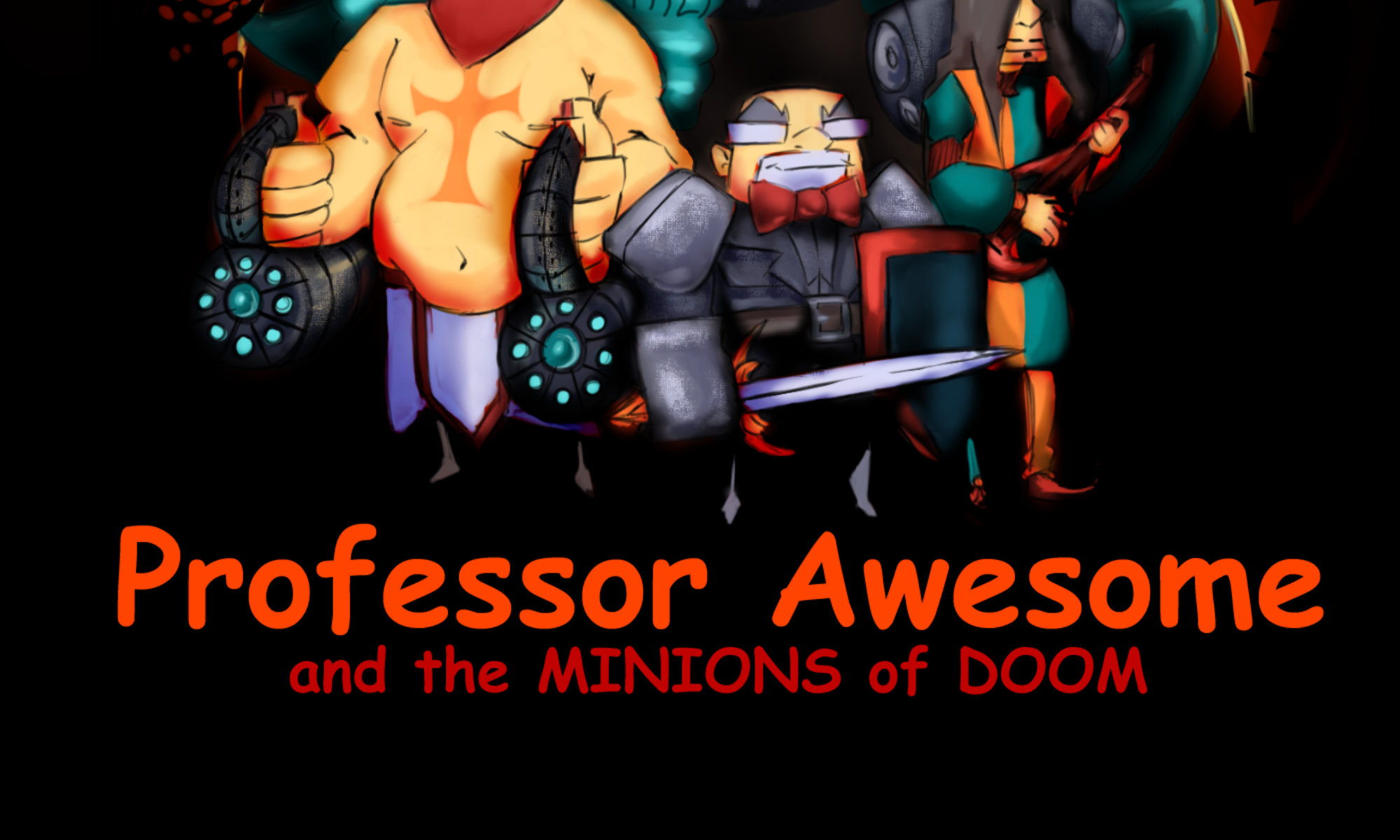I’m obsessed with Babymetal.
And it’s hard not to be. The nefariously catchy J-pop/heavy metal combo is not only brilliant, it’s infectious. The trio of Japanese teen pop idols, Su-metal (Suzuka Nakamoto), Moametal (Moa Kikuchi), and Yuimetal (Yui Mizuno) manage to make heavy metal girly. And cute. And totally kawaii. According to Wikipedia (which I have to rely on more heavily than usual, since I do not read Japanese and thus cannot read their website) their label, BMD Fox Records, even promotes Babymetal as being “kawaii  metal.â€
What is “kawaii?†you ask. That is an excellent question. And the answer to that question is why I’m writing about Babymetal for “Guitars and Geeks,†because I think that anything that can be described as “kawaii metal†falls into the territory of geek rock.
Kawaii is, simply put, cute. But, it’s a special kind of cute, and that special kind of cute is based in the aesthetics of  Japanese pop culture. Hello Kitty is probably the most recognizable example of kawaii (and her popularity is awesome because it allows me to have things like a Hello Kitty toaster). But another example, less known to Americans, is P-Chan (aka Ryoga Hibiki) from the animated series Ranma ½, based on the manga written by Rumiko Takahashi. P-Chan is very kawaii. His big eyes, smooth features, and clean lines are all examples of manga style art. Plus, he is a little black pig with a neckerchief. I mean, c’mon! How much cuter can a little pig get?
It’s this element of kawaii, of cuteness, that references a knowledge (or at least acknowledgement) of Japanese pop culture. While you can certainly appreciate the cuteness of kawaii without reading manga or watching anime, a knowledge of Japanese pop culture certainly adds to the experience. To make a comparison: you can read Ready, Player One by Ernest Cline without ever having played a video game, and you might enjoy it. But if you grew up playing 80s video games (or have explored 80s video games extensively), then your reading experience changes dramatically, as every reference has, well, a referent. And much like 80s video games, the knowledge of kawaii, and of Japanese culture in general, has tended to be the purview of geeks. Geeks, with their specialized knowledge and pursuit of such, tend to be the ones frequenting comic stores, import stores, and websites where manga, anime, and Japanese pop culture abound.
So is Babymetal really geek rock? Well, it’s a stretch.
But it’s also awesome. And geeky. And rock. So check out some Babymetal and decide for yourself.
Then, if you’re feeling geeky(er), explore some Japanese pop culture and  watch some Ranma ½.
ps–There is now an English version of the Babymetal website here.

